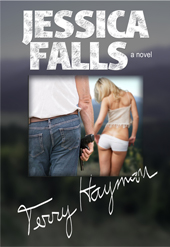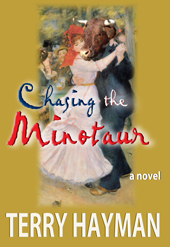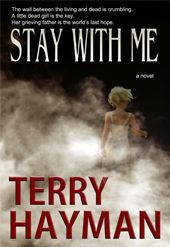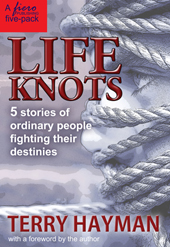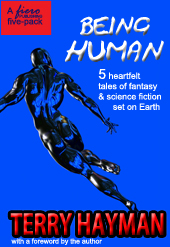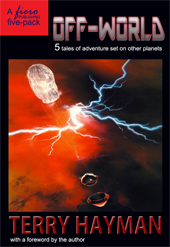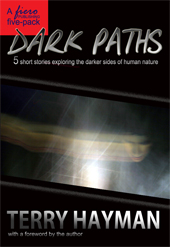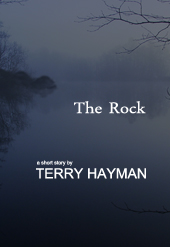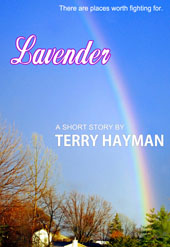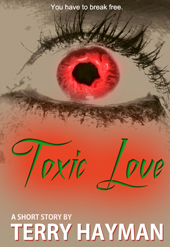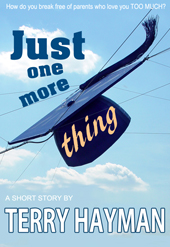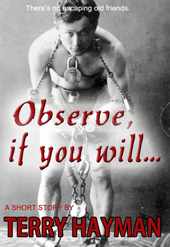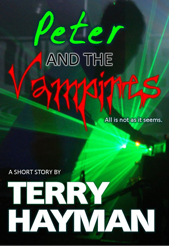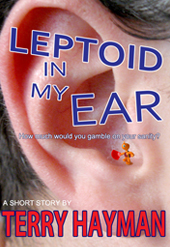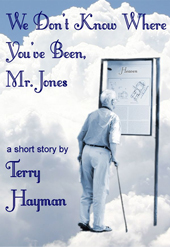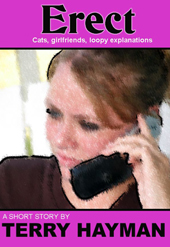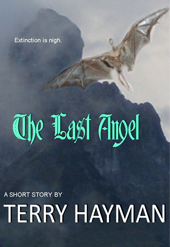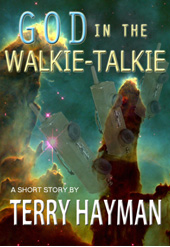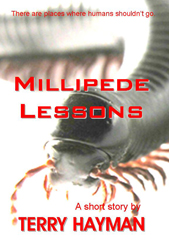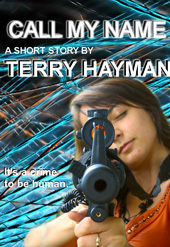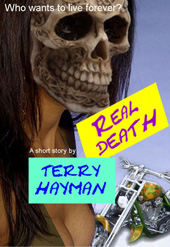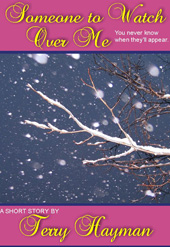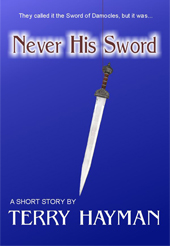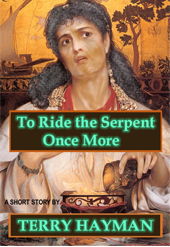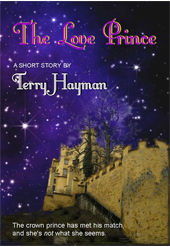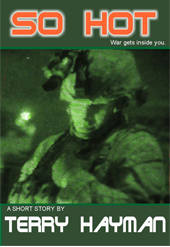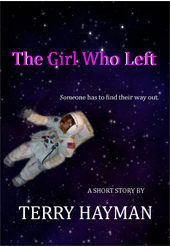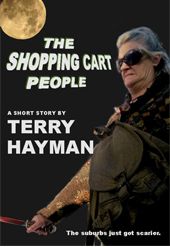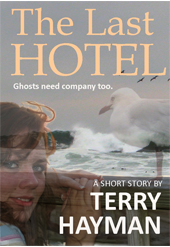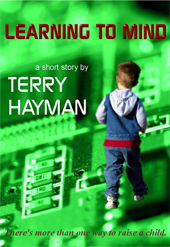 So, looking for inspiration, I checked out what was with the moving dancer doodle who spelled out Google on Google’s homepage today. Turned out it was in recognition of dancer Martha Graham‘s 117th birthday. Graham actually died in 1991, at the age of 96, but there you go.
So, looking for inspiration, I checked out what was with the moving dancer doodle who spelled out Google on Google’s homepage today. Turned out it was in recognition of dancer Martha Graham‘s 117th birthday. Graham actually died in 1991, at the age of 96, but there you go.
The age thing got me over to a story about British actress Harriet Walter, who, at 60, is still going strong in more ways than one. Not only has she been made a Dame (of course to Raymond Chandler she’s always been a dame), but she’s getting married for the first time, to a man one year her senior who is also marrying for his first time.
But the thing she said that hooked me was her comment that romances are rarely written about older folk because “Romance is about investing in the future – with older people there is less time for happy ever after.”
I love it. I think she’s dead wrong about why fewer romances with older people are written, but the comment sparks some thoughts about emotional investment, romance, and age.
I also throw in a story Dr. Daniel Siegel tells in his book Mindsight about a 92-year-old man discovering true emotional feeling and connection with his wife for the first time, and the idea of “never too late” comes galloping to the forefront.
So…an old man in a retirement home — let’s call him Jerry. He’s staring at walls, realizing his kids don’t particularly enjoy coming to see him anymore, and that he’s too feeble of both mind and body to really explore anything new. He’s contemplating that if he wanted to end it at his age, he could probably just lie down at night and will himself to not wake up again. His thread of life is that thin.
Then Myrna arrives at the home. She’s a good decade younger than him, but more advanced in her Alzheimer’s. Can’t remember even simple things she’s told. Seems to have trouble telling faces apart. But she’s full of life and good spirits, often humming.
And when she passed close to Jerry one day, something in the way he looks at her seems to draw her eyes and she stops. She stops moving. She stops humming. And she focuses. Says something like, “Aren’t you the handsome one!”
A moment later she’s shuffling on, Jerry forgotten.
But he hasn’t forgotten her. She begins to haunt his dreams and obsess his waking time. Until he realizes the thin string attaching him to life has become a cord of excited purpose.
And… Well, you go write the story. I see it as happy. No miracles of recovery. Just little miracles of occasional clarity and love. Not a long time of happily ever after, but an important and intense one.
So there.








